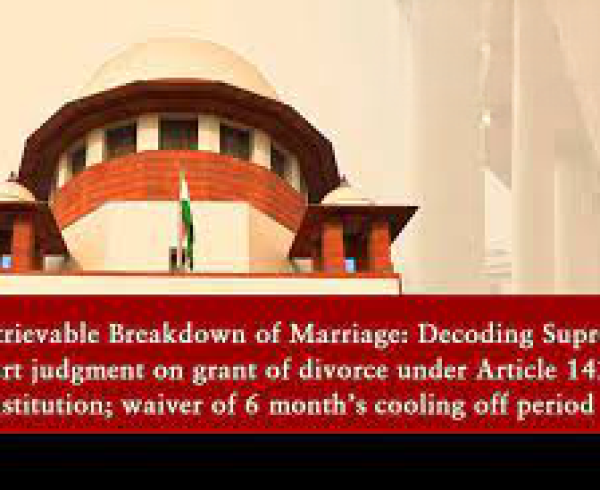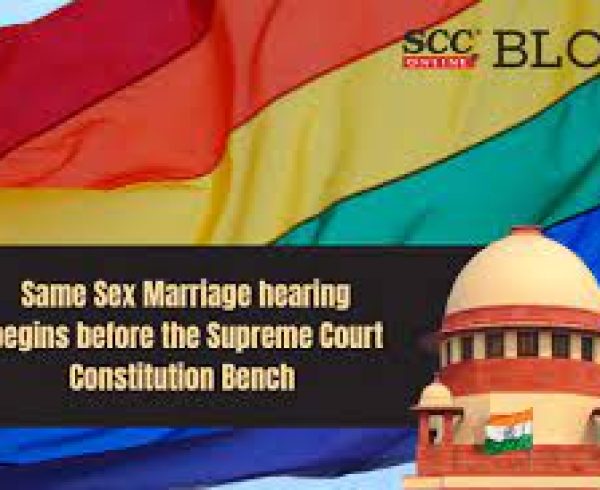
Divorce is a difficult decision, but sometimes it becomes the best option for couples who find themselves unable to continue their marriage. In India, divorce by mutual consent is recognized under both the Hindu Marriage Act, 1955, and the Special Marriage Act. In this blog, we will explore the provisions and procedures for obtaining a divorce by mutual consent under these acts.
Divorce by Mutual Consent under the Hindu Marriage Act, 1955: The Hindu Marriage Act applies to Hindus, Buddhists, Jains, and Sikhs who are married under their respective religious customs. To initiate a divorce by mutual consent under this act, the following conditions must be met:
- Separation Period: The couple must have lived separately for a continuous period of one year or more before filing the divorce petition.
- Consent: Both spouses must mutually agree to dissolve the marriage and file a joint petition stating their intention to divorce.
- Living Apart: During the period of separation, they must have lived apart and have not been able to reconcile their differences.
Procedure for Divorce by Mutual Consent under the Hindu Marriage Act: The process for obtaining a divorce by mutual consent under the Hindu Marriage Act involves the following steps:
- Filing a Joint Petition: Both spouses must jointly file a petition for divorce in the District Court or Family Court where they last resided together or where either of them currently resides.
- Statements and Affidavits: Along with the petition, both spouses must provide their statements and affidavits stating their consent for divorce and the reasons for seeking dissolution of the marriage.
- Cooling-Off Period: After the petition is filed, the court grants a mandatory six-month “cooling-off” period. This period allows the couple to reconsider their decision and gives them an opportunity for reconciliation. Cooling off period can also be waived off by the Court on its discretion, if the parties are living separately for a period of more than total 18 months from the date of preceding the filing of petition.
- Second Motion: After the cooling-off period, both spouses must appear before the court again and reconfirm their consent for divorce by recording their evidence and settling all pending disputes and transactions of exchanging their alimony, stridhan, other items etc. If the court is satisfied with their consent, it grants a decree of divorce.
Divorce by Mutual Consent under the Special Marriage Act: The Special Marriage Act applies to all Indian citizens, irrespective of their religion or faith. The provisions for divorce by mutual consent under this act are similar to those under the Hindu Marriage Act.
Procedure for Divorce by Mutual Consent under the Special Marriage Act: The process for obtaining a divorce by mutual consent under the Special Marriage Act is quite similar to that under the Hindu Marriage Act. The couple needs to file a joint petition for divorce, provide their statements and affidavits, and go through the cooling-off period. After the cooling-off period, they appear before the court again to reconfirm their consent, leading to the granting of the divorce decree.
Conclusion: Divorce by mutual consent provides an amicable way for couples to end their marriage when they both agree that it is the best option. The Hindu Marriage Act, 1955, and the Special Marriage Act outline the legal provisions and procedures for obtaining a divorce by mutual consent in India. It is important for couples seeking divorce to consult with legal professionals who specialize in family law to ensure a smooth and fair process. Remember, divorce should always be a last resort, and couples should explore all possibilities of reconciliation before taking this step.
Article by: Raghvendra Singh Raghuvanshi & Nidhi Vaidya, Advocates-High Court of MP, Indore.






Leave a Comment